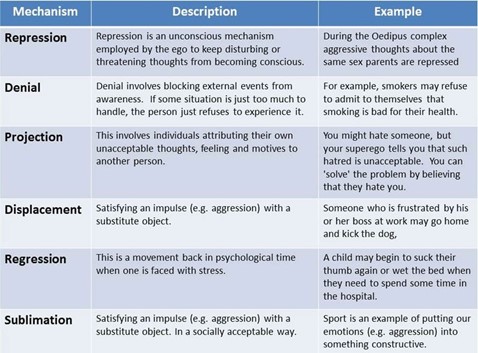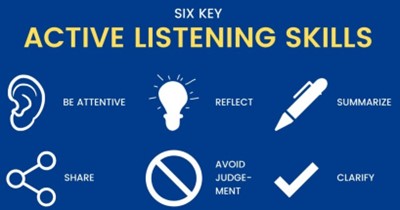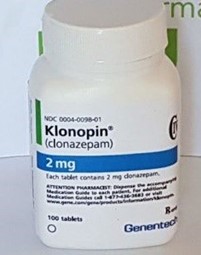A registered nurse is admitting a client to an alcohol abuse program. The client states, here because of my boss. It was part of my job to go to parties and drink with clients. The client's statement is an example of which of the following defense mechanisms?
Select one:
Compensation
Suppression
Rationalization
Reaction-formation
The Correct Answer is C
Rationalization is a defence mechanism in which a person attempts to justify or explain their behavior or actions in a way that makes them seem more acceptable or reasonable. In this case, the client is using rationalization by attributing their alcohol abuse to their job and the need to drink with clients at parties.
Option a. Compensation is a defense mechanism in which a person attempts to make up for a perceived weakness or deficiency by excelling in another area.
Option b. Suppression is a defense mechanism in which a person consciously chooses to avoid thinking about or dealing with unpleasant thoughts or feelings.
Option d. Reaction-formation is a defense mechanism in which a person behaves in a way that is opposite to their true feelings or desires.

Nursing Test Bank
Naxlex Comprehensive Predictor Exams
Related Questions
Correct Answer is A
Explanation
This technique is known as reflective listening or active listening, and it involves paraphrasing what the patient has said to show that the nurse is actively listening and trying to understand the patient's feelings and thoughts. It demonstrates empathy and helps to build trust between the nurse and patient.
Option b is not effective because giving advice and opinion can convey a lack of interest in the patient's feelings and thoughts.
Option c is not ideal because it is a closed-ended question that may limit the patient's response.
Option d may also seem insincere and may not reflect a genuine interest in the patient's concerns.

Correct Answer is A
Explanation
Clonazepam is a benzodiazepine medication that acts quickly to reduce anxiety and promote relaxation. It is commonly used as a PRN medication for acute anxiety episodes.
Amitriptyline (Elavil) is a tricyclic antidepressant that is not typically used as an as-needed anxiolytic medication due to its slow onset of action and potential for side effects.
Olanzapine (Zyprexa) is an atypical antipsychotic medication that can be used to treat anxiety in certain cases, but it is not typically used as a PRN medication for acute anxiety episodes.
Escitalopram (Lexapro) is a selective serotonin reuptake inhibitor (SSRI) antidepressant that is not typically used as an as-needed anxiolytic medication due to its slow onset of action. It is usually taken on a daily basis to provide ongoing anxiety relief.

Whether you are a student looking to ace your exams or a practicing nurse seeking to enhance your expertise , our nursing education contents will empower you with the confidence and competence to make a difference in the lives of patients and become a respected leader in the healthcare field.
Visit Naxlex, invest in your future and unlock endless possibilities with our unparalleled nursing education contents today
Report Wrong Answer on the Current Question
Do you disagree with the answer? If yes, what is your expected answer? Explain.
Kindly be descriptive with the issue you are facing.
